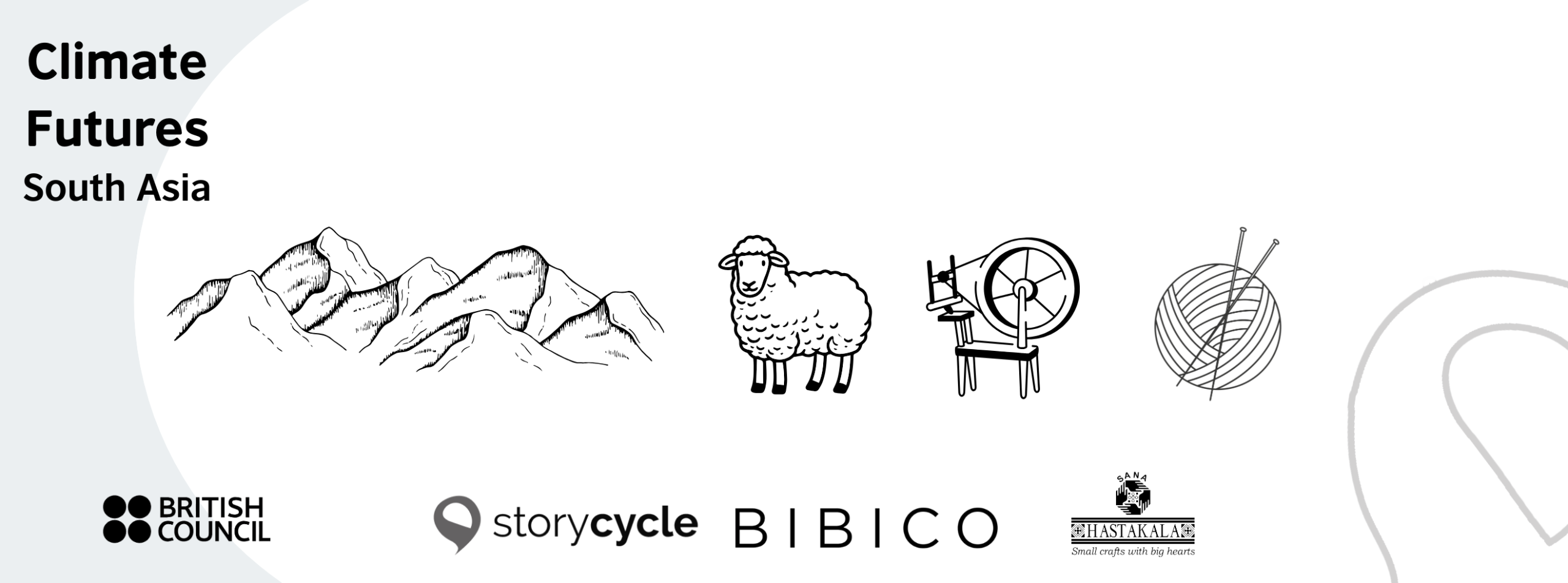
StoryCycle in collaboration with Sana Hastakala, is mapping the lifecycle of handmade knitwear to better understand supply chain emissions so as to develop relevant resources to help monitor and reduce such footprint. We are working with artisans and their organizations to enhance capacity and build a foundation to manage emissions and also benefit from carbon savings.
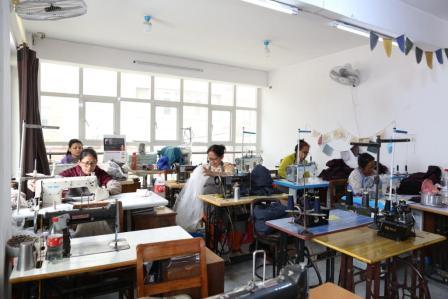
Nepal’s craft sector is a significant contributor to its national domestic production and provides employment to many from marginal backgrounds, including women and people with disabilities. And even though the market for Nepali craft has stabilized post-COVID, there are looming threats from incoming sustainability standards for sub-sectors that are import dependent. In recent years, Sana Hastakala has already been dealing with new regulations internationally and it knows there are changes coming at home. Like other countries, Nepal has its own climate change commitments to uphold and it is also graduating from the Least Developed Country (LDC) category to a developing country status in November 2026. Something that will impact organizations like Sana Hastakala who also benefit from cause-based grants.
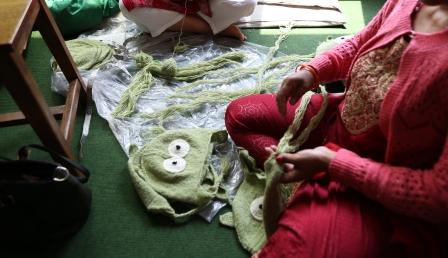
By building a model that can help Sana Hastakala understand its footprint, StoryCycle hopes to model monitoring and adaptation processes that are replicable and scalable. Bringing relevant tools to leaders across the sector. It will also use the outputs to engage stakeholders and generate consensus on the need to address risks to the sustainable growth of the craft sector in Nepal.
The primary objective of the project is to research existing praxis, including the entirety of a craft supply-chain (case study on knitwear) to develop a framework and toolkit to support growth of the low-carbon sector.
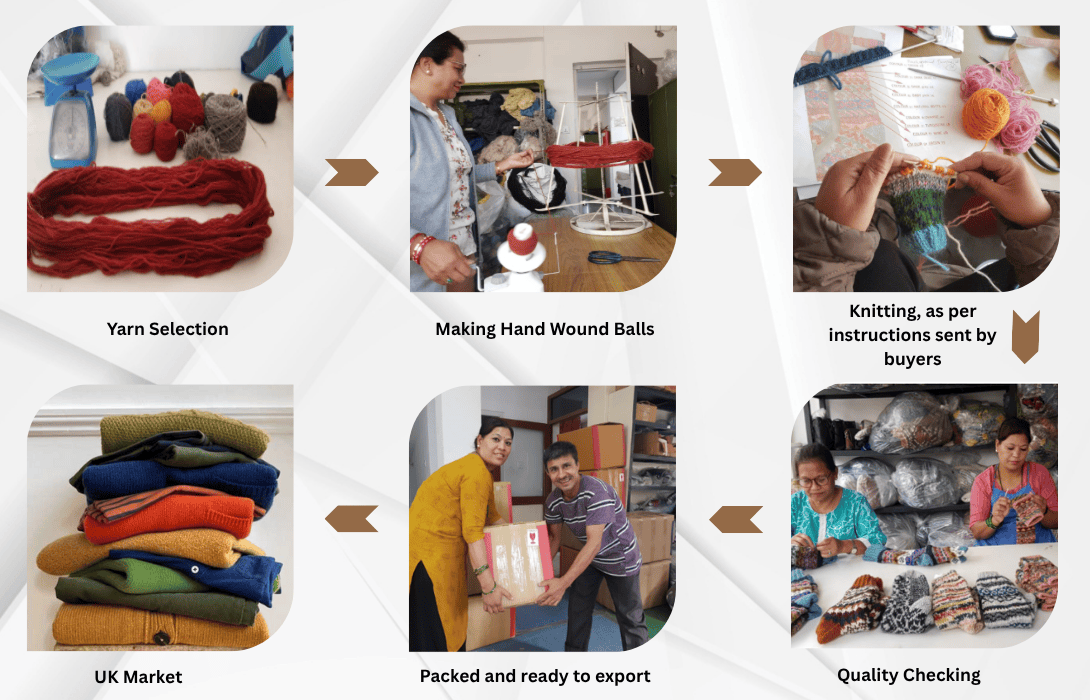
Through the project StoryCycle expects to:
- Reduce emissions: Pioneering organizations like Sana Hastakala are enabled to track and manage their emissions effectively and communicate achievements to stakeholders
- Empower Artisans: better capacity
- Promote standardization and policy: through awareness-raising and policy advocacy a scalable, replicable model is used to provide across the craft and related sectors.
- Realize stronger economic growth: Unlock access to carbon credits and result-based financing by quantifying emission reductions and develop communication tools.
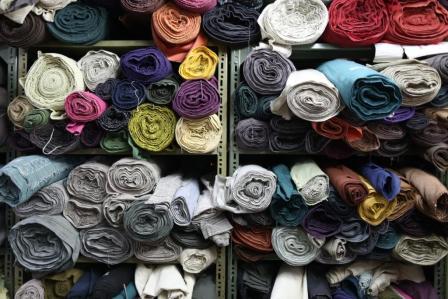
Outputs
- Toolkit/Framework: a standardized tool that is publicly available for relevant organizations/artisans to use to calculate their carbon footprint.
- Documentation: research and other excursions relevant to the carbon cycle in c. Multimedia content produced to disseminate project updates/content.
- Workshop: structured activities with artisans and stakeholders to raise awareness about
- Events: stakeholder management exercises to share project outputs including the framework and associated tools/research and documentation
- Media campaign: digital and press outreach campaign around key concepts and achievements of the project.
Our Team
StoryCycle has put together a working group of experts to oversee delivery and to develop outputs. Experts range from environmental management to the arts and culture sector. The working group also includes representative(s) from Sana Hastakala.
This project is supported by the British Council
